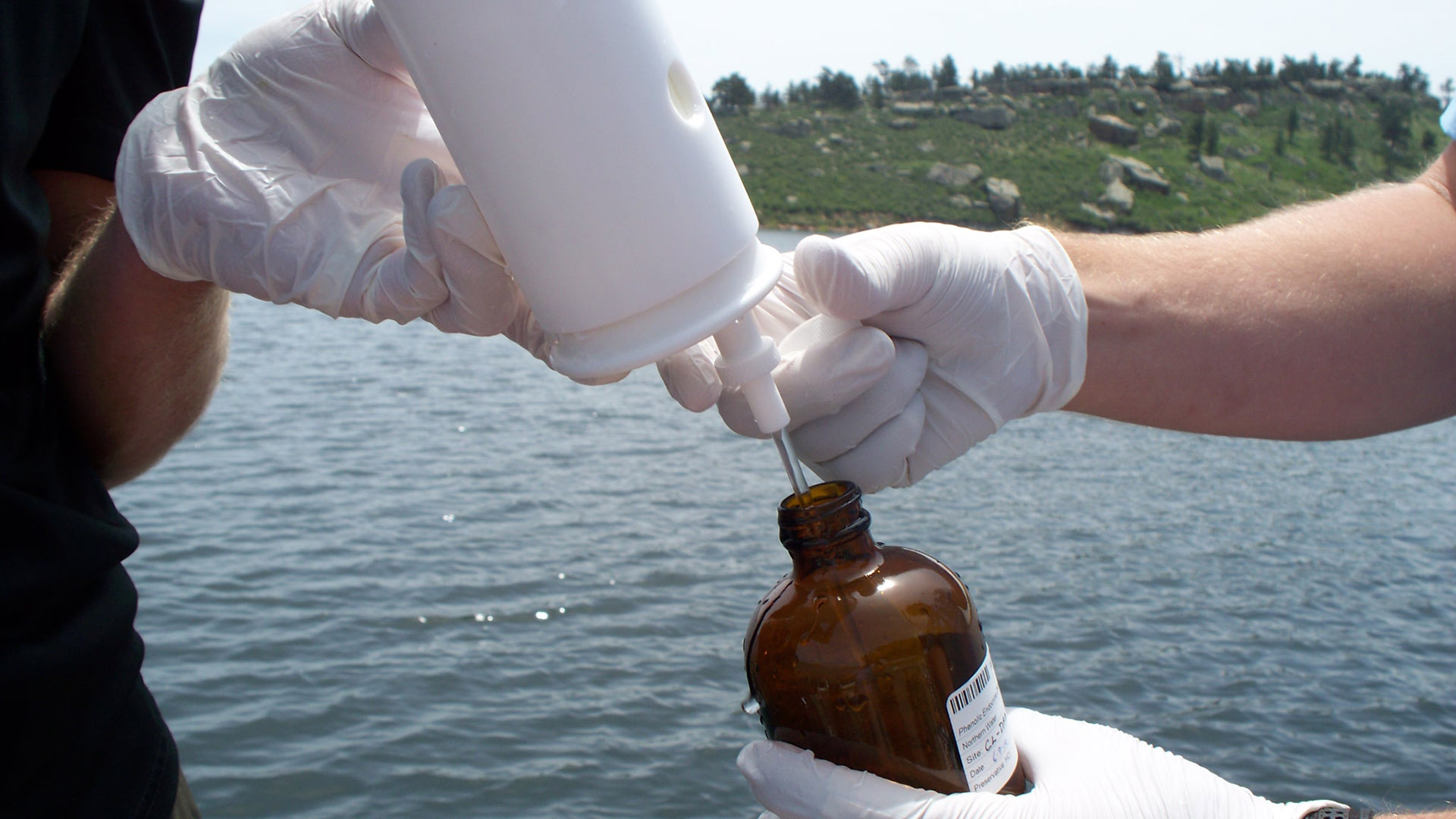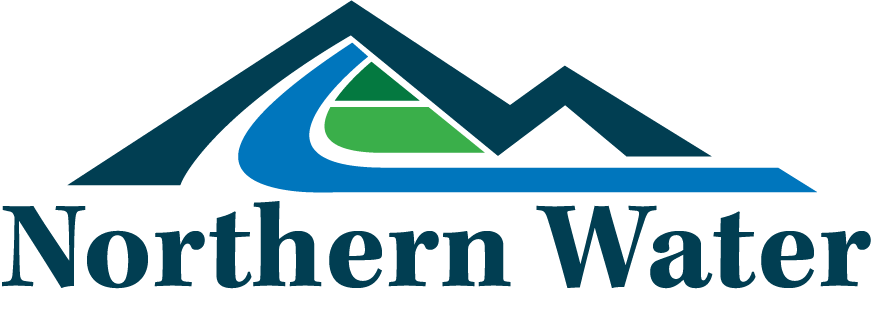Compounds of Emerging Concern
Working Collaboratively to Monitor Untreated Drinking Water
The Northern Colorado Compounds of Emerging Concern Program (CEC Program) is a collaborative effort initiated in 2008 to take a cost-effective and proactive approach to monitor the presence and concentration of pharmaceuticals, personal care products, hormones, pesticides and other compounds of concern in the C-BT and Windy Gap projects and other source waters of interest associated with drinking water supplies in Northern Colorado.
Northern Water partners with the cities of Fort Collins, Boulder, Longmont, Loveland, Broomfield, Greeley and the Town of Estes Park, to share the annual program costs of approximately $150,000.
The objectives of this program are to:
- Monitor current conditions, trends and changes in water quality;
- Assess water quality impacts from adverse events such as floods and wildfires;
- Collect data to support the assessment of regulatory issues;
- Maintain a high-quality water supply by providing a long-term, reliable dataset to support source water protection measures; and
- Maintain a robust and evolving list of compounds.

The program monitors contaminants from a variety of sources including municipal wastewater, industrial waste, runoff from lawns and agriculture, recreation and stormwater runoff. Monitoring is conducted biennially at more than 20 sampling locations. In years when regular monitoring is not conducted, funds are used to support special studies and program development.
Steps We’re Taking to Protect Our Water Supply
Through this program, we are proactively monitoring compounds that are not currently regulated, allowing us to stay ahead of emerging concerns and evolving scientific understanding. This forward-looking approach helps us identify potential risks early and respond thoughtfully to protect our drinking water. By acting as responsible stewards of our water resources, we are committed to preserving the integrity of our source water and leading the way in maintaining a safe, reliable and high-quality water supply for our community—now and into the future.
Steps You Can Take to Help

Minimize Herbicide and Pesticide Use

Don't Flush Unused Medications

Properly Dispose of Household Hazardous Waste

Use Natural Personal Care Product Ingredients when Possible
Why Proactive Actions Matter
Proactive steps to monitor and raise awareness of compounds in our water supply help ensure it's kept clean and safe.
Our source water watersheds are minimally impacted. Let's keep it that way.
Doing our part to monitor the water supply allows us to be responsible neighbors to downstream water users who will eventually use our water supply.
